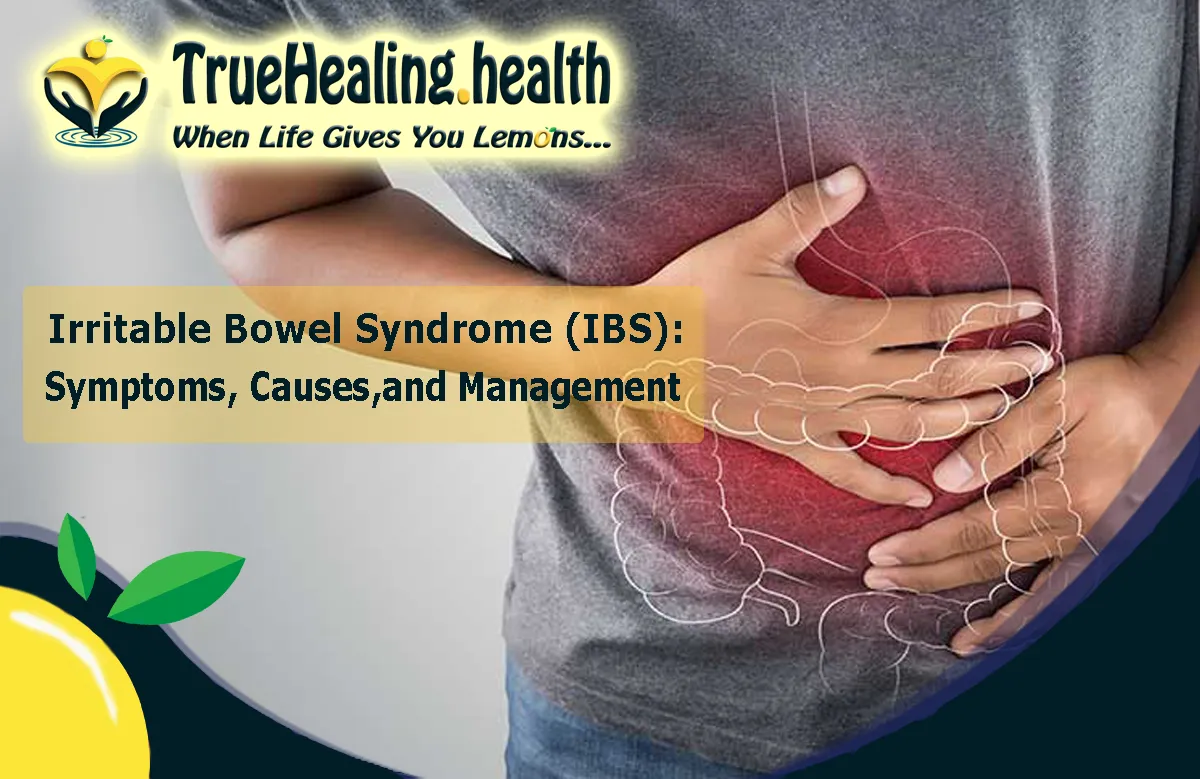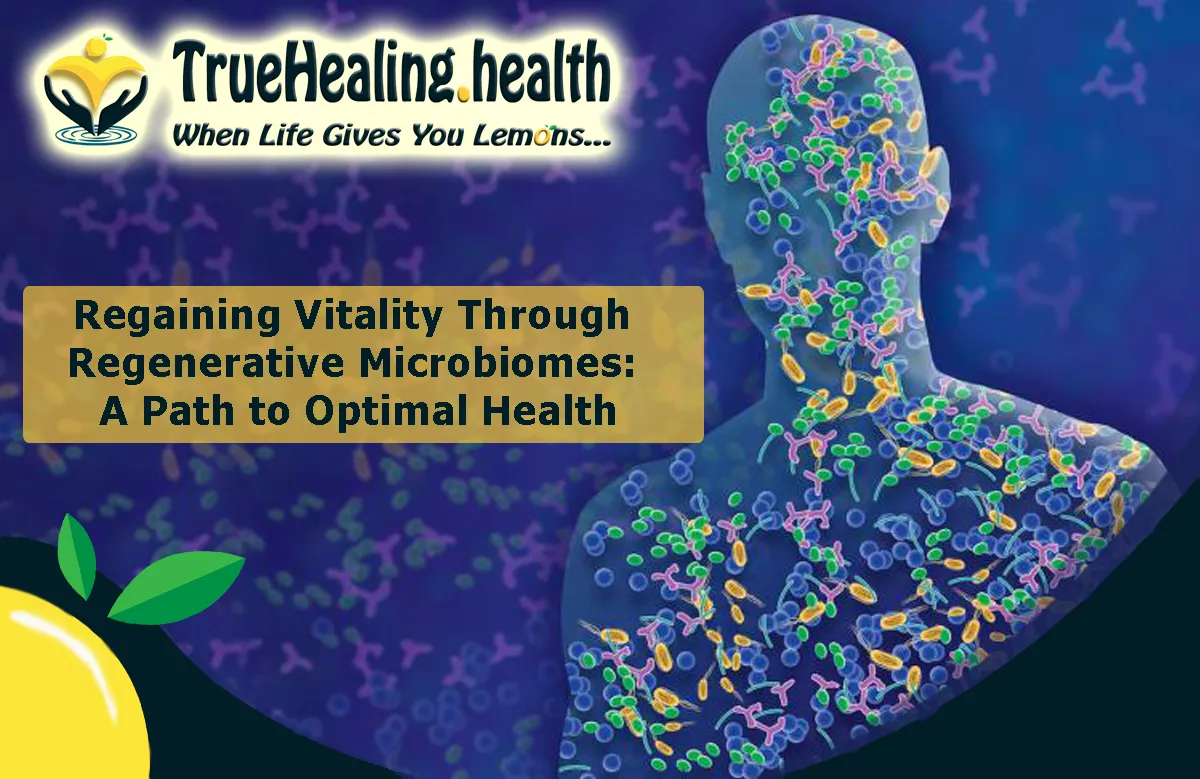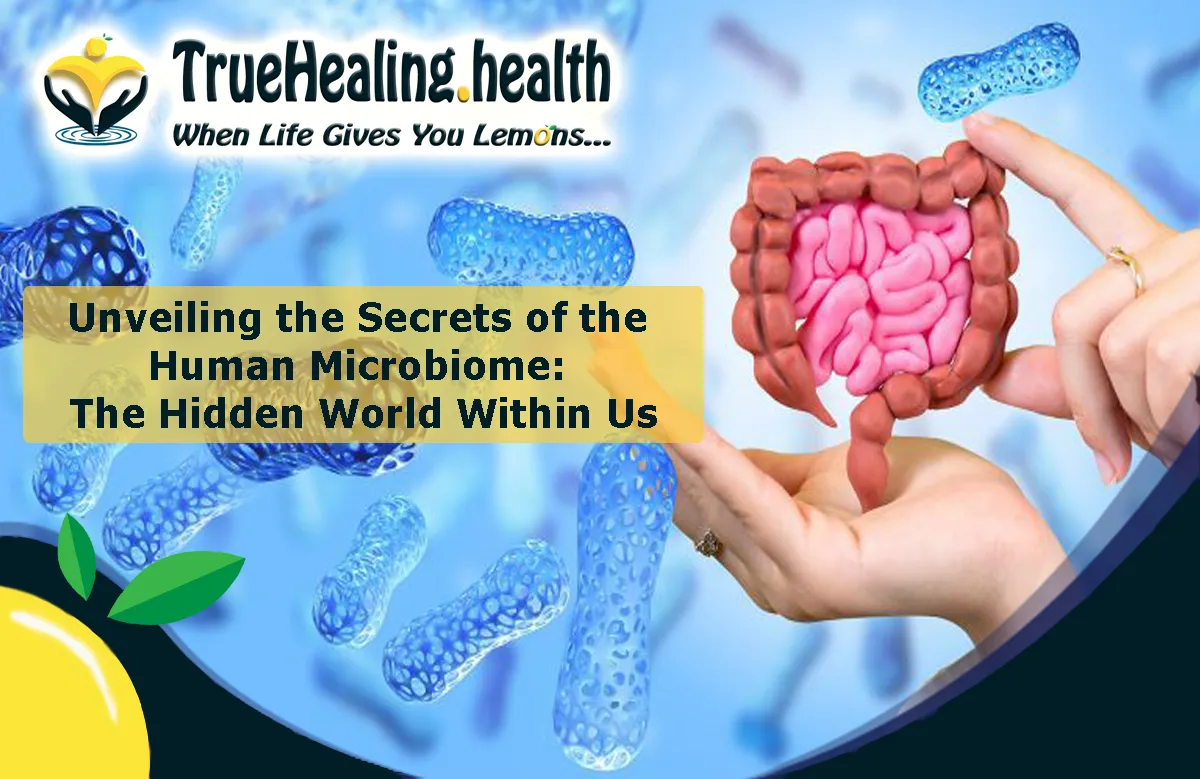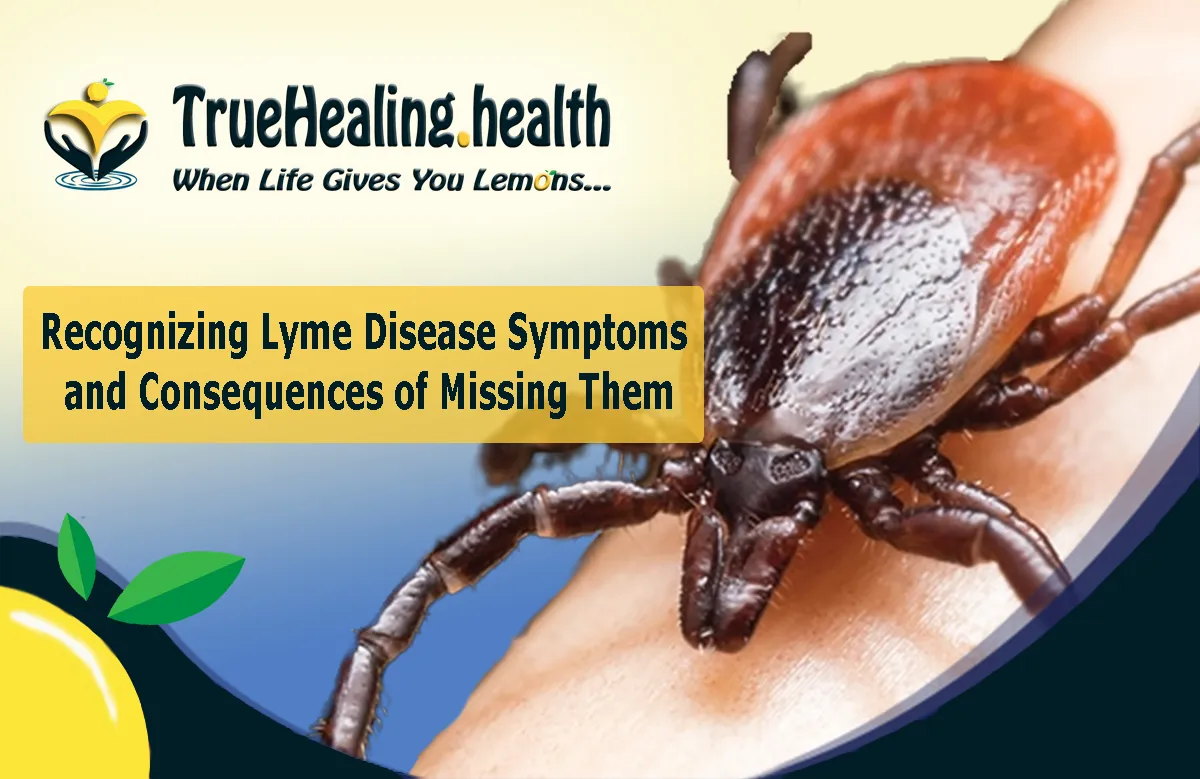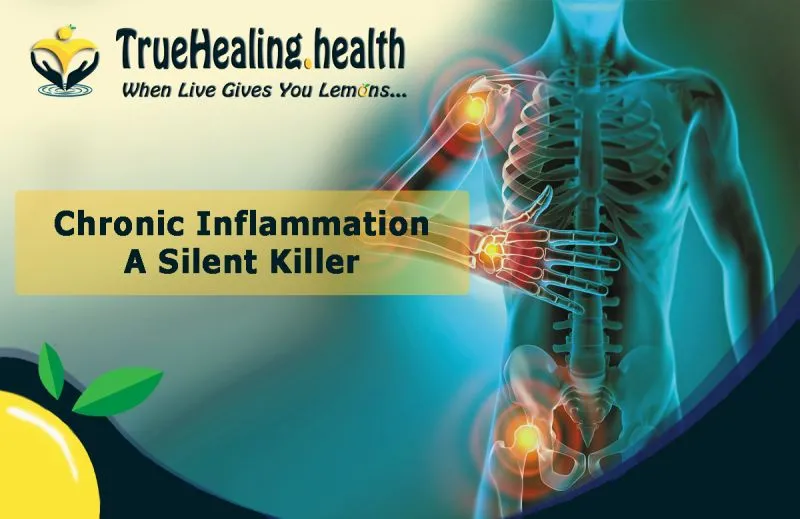A Holistic Approach To Defeat Depression & Anxiety
7 Steps to Mental Wellness
In our fast-paced, modern world, mental health challenges such as depression, anxiety, and ADHD are more pronounced than ever. With these conditions on the rise, understanding and managing them becomes crucial for maintaining a balanced, fulfilling life. This introduction outlines a holistic, seven-step approach focused on natural healing methods rather than solely relying on medications like antidepressants. This guide is indispensable for anyone touched by these issues, whether personally or in a supportive role for others. Therapy may help to deal with some symptoms of depression, but it takes more than psychotherapy to treat depression. In our fast-paced, modern world, mental health challenges such as depression, anxiety, and ADHD are more pronounced than ever. With these conditions on the rise, understanding and managing them becomes crucial for maintaining a balanced, fulfilling life. This introduction outlines a holistic, seven-step approach focused on natural healing methods rather than solely relying on medications like antidepressants. This guide is indispensable for anyone touched by these issues, whether personally or in a supportive role for others. Therapy may help to deal with some symptoms of depression, but it takes more than psychotherapy to treat depression.
A Fresh Perspective on Mental Health
Our approach emphasizes the importance of addressing the root causes of mental health issues through natural and sustainable methods. Here’s a brief overview of the transformative steps we’ll explore:
- Identifying Symptoms: Early recognition of depression, anxiety, and ADHD is crucial. Symptoms can range from persistent sadness and fatigue in depression to overwhelming stress and irritability in anxiety and impulsiveness in ADHD.
- Understanding Allergies and Mental Health: Allergies are not just physical irritants but can also exacerbate or trigger mental health issues by affecting the brain's chemistry.
- The Gut-Brain Connection: Our approach significantly focuses on gut health, directly impacting mental wellness through the gut-brain axis. An imbalance in gut flora can lead to neurotransmitter disruptions, influencing mood and emotional well-being.
- Nutrient Essentials for Brain Health: Nutrient deficiencies can be a secondary cause of depression due to poor absorption stemming from gut health issues. Vital nutrients like vitamin B12, D, iron, and folate are crucial for producing brain chemicals.
- Dietary Influences on Mood: A balanced diet stabilizes mood swings and improves overall mental health. It involves choosing whole foods over processed options to maintain optimal brain function.
- Stress and Hormonal Impact: Managing stress is pivotal as it affects hormonal balance and can intensify symptoms of mental health conditions. Techniques such as yoga, meditation, and regular exercise are beneficial.
- Brainwave Retraining for Mental Health: Neurotherapy or brainwave retraining can be a powerful tool in modifying brainwave patterns to improve conditions like PTSD and chronic anxiety, enhancing overall mental stability.
Why Choose Natural Healing Over Medications?
Opting for a natural healing approach empowers individuals to address the underlying causes of their mental health issues without the immediate recourse to pharmaceuticals. This method promotes long-term wellness and self-awareness, encouraging a deeper understanding of one’s body and mind. It also emphasizes personalization in treatment, recognizing that each individual's path to mental wellness is unique.
A Lifelong Commitment to Mental Wellness
Maintaining mental health is an ongoing journey that requires continuous effort and adaptation. Individuals can foster a more sustainable and fulfilling life by understanding the intricate relationships between diet, gut health, stress, and brain chemistry. Stay tuned for our detailed exploration of each step, starting with the impact of allergies on mental health, and learn how to craft a personalized plan that resonates with your unique needs.
This introduction sets the stage for a series that promises to enlighten and guide people suffering from depression, anxiety, ADHD, and their supporters toward a path of natural and effective mental health management. By exploring and implementing these steps, you’re taking control of your mental well-being and paving the way for a healthier, happier future.
Frequently Asked Questions
What is the connection between allergy and depression?
The connection between allergy and depression is multifaceted and has been the subject of various studies. Research indicates that individuals suffering from allergic rhinitis or seasonal allergies may experience increased levels of depression and anxiety. This may be due to the physical symptoms of allergies, such as sneezing and nasal congestion, which can significantly impact one’s quality of life. Furthermore, the inflammatory response triggered by allergens can affect neurotransmitter function in the brain, potentially leading to mood disorders, including major depression.
How do seasonal allergies influence mental health?
Seasonal allergies can lead to a variety of allergy symptoms such as fatigue, irritability, and difficulty concentrating. These symptoms can create a cycle where the physical discomfort caused by allergies exacerbates feelings of depression and anxiety. When the pollen count is high, individuals with allergic rhinitis are more likely to experience mood swings and heightened emotional distress. This relationship suggests that managing seasonal allergies may help alleviate some depression and anxiety symptoms.
What role do cytokines play in the allergy-depression connection?
Cytokines are proteins involved in cell signaling within the immune system and play a significant role in the body’s inflammatory response. In individuals with allergies, the release of cytokines can lead to systemic inflammation, which has been linked to the development of mood disorders, including clinical depression. Elevated levels of these inflammatory markers can affect brain function and neurotransmitter metabolism, thereby influencing mood and potentially leading to depression and other mental health conditions.
Can allergy medication help with depression?
While allergy medication is primarily designed to alleviate physical symptoms associated with allergies, such as sneezing and nasal congestion, some individuals may find that treating their allergies can indirectly improve their mood. By reducing the burden of allergy symptoms, patients may experience less irritability and improved overall well-being, contributing to a more positive outlook. The constant discomfort and fatigue that often accompany allergies can take a toll on mental health, leading to feelings of frustration and helplessness. When these symptoms are managed effectively through medication, individuals may find themselves more engaged in daily activities, social interactions, and hobbies that they previously avoided due to their allergy symptoms.
Furthermore, better management of allergy symptoms can lead to improved sleep quality. Many people with allergies experience disrupted sleep due to nasal congestion or nighttime coughing, which can exacerbate feelings of stress and anxiety. By addressing these issues, individuals may enjoy more restful nights, leading to increased energy levels and better mood stability during the day.
What is a holistic approach to defeating depression?
A holistic approach to defeating depression considers the whole person rather than just the symptoms. This method incorporates various aspects such as physical health, emotional well-being, social connections, and spiritual fulfillment. By addressing all these areas, individuals can cultivate a balanced lifestyle that may help manage and alleviate the symptoms of depression. Techniques may include psychotherapy, lifestyle changes, and complementary therapies like acupuncture and music therapy.
How can therapy aid in treating depression?
Therapy, particularly talk therapy or psychotherapy, is an essential tool in the treatment of depression. It provides a safe space for individuals to express their feelings, explore their thoughts, and develop coping strategies. Different forms of therapy, such as cognitive-behavioral therapy (CBT) or interpersonal therapy, can help identify negative thought patterns and replace them with more constructive ones. This, in turn, may help improve mood and reduce depression symptoms.
Can lifestyle changes support a holistic approach to depression treatment?
Absolutely! Lifestyle changes play a significant role in a holistic approach to treating depression. Regular physical activity can boost the production of serotonin, a key neurotransmitter involved in mood regulation. Adopting a balanced diet rich in omega-3 fatty acids, folate, and vitamins such as b12 and b6 can help support brain health. Adequate sleep and stress management techniques, such as relaxation exercises and mindfulness, are also crucial for maintaining emotional balance.
What role do herbal supplements play in a holistic approach?
Herbal supplements, like St. John's Wort, are often used as part of a holistic approach to treat depression. These supplements are believed to help regulate mood and may sometimes work similarly to SSRIs.






